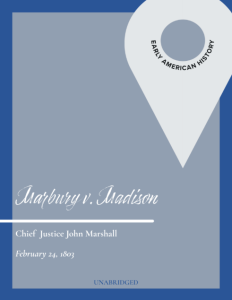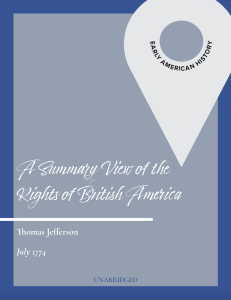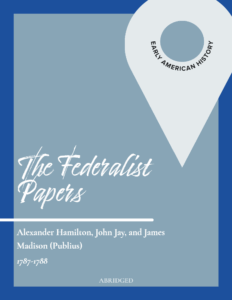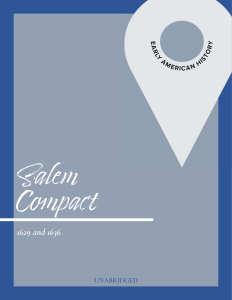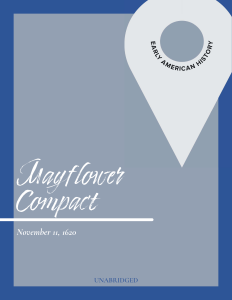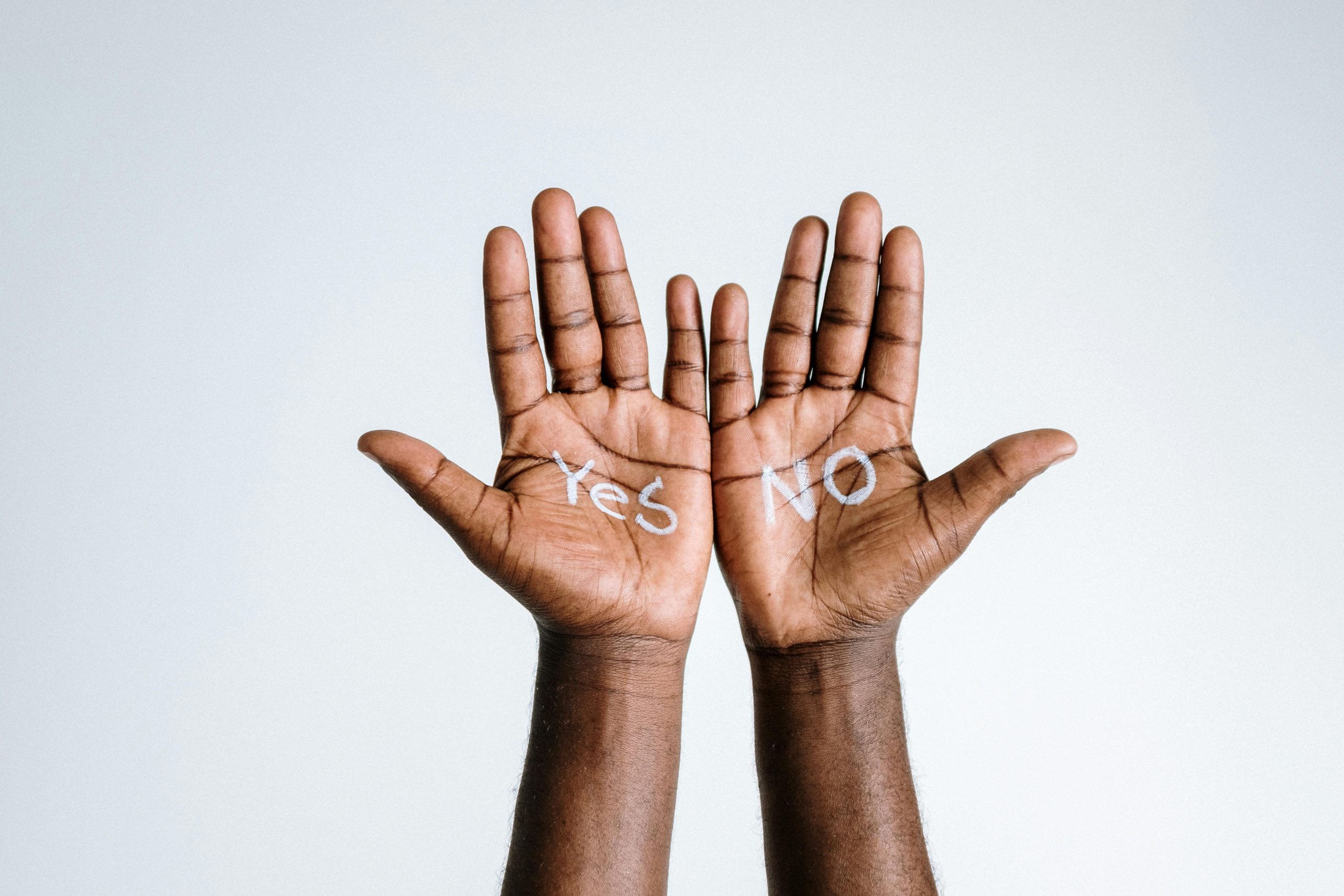
Legitimate government requires consent.


Capital determines whether a society will be prosperous or poor, well-fed or not, populated by independent and self-reliant citizens or dependent subjects. An abundance of nutritious food, clean water, sturdy homes, safe modes of transportation, reliable sources of heat and power, modern medicines, and many other products and technologies that improve the quality of human life are impossible without capital.
A teacher can help students understand what capital is by encouraging them to think of capital as an individual’s “starter pack” for being productive and getting things done. Capital includes the tools, money, and other valuable resources a person needs to create something of value, or to solve a problem in order to create wealth.
For example, if you wanted to start a lemonade stand, the money you use to buy cups, lemons, water, and a sweetener is capital. While money is an important form of capital, capital can include other resources that help you create wealth for yourself by producing value for others.
Other Kinds of Capital:
Capital is anything you can use to “build” something that will provide experiences of value for other people. Money is the most obvious example of capital, but creativity, friendships, and even your honesty and intelligence, can be just as important, maybe even more important in some circumstances.
So, yes! Capital is cash and more: Capital includes any resource that helps you be more productive. Ask students: What kinds of capital do they have? Maybe it is their energy, ideas, or even their ability to make people laugh. Remind them that everyone—even people with little or no money—have important capital over which each person has much control: A person’s own reputation, honesty, and trustworthiness.
Evaluating incentives
One of the most important questions within any society is: Who will allocate capital? One possibility is that individuals choose whether, how, when, where, and why to spend their own money and invest their own capital. Another option is that political elites within government will tax citizens and confiscate the wealth that others have created, and then those in government will choose how to allocate other people’s their capital.
Individuals choosing how to invest their own capital have strikingly different incentives than politicians and bureaucrats in government spending other people’s money.
As we discuss in another section, profit is the happiness of other people. When individuals and business owners make their own choices about how to allocate and when to invest their own capital, they aim to earn a profit—they want a return on their investment—which is another way of saying they’re trying to make other people happy by producing value for them.
When those in government choose how to spend other people’s money, they serve their own interests, usually by expanding the scope and power of government. That is worth repeating: Business owners allocate their own capital in order to make a profit for themselves by making other people happy; government allocates other people’s capital in order to extend the power and control of government.
Every new government spending program, after all, requires expanding the class of unelected bureaucrats, adding new levels of control over what citizens may do, and adding new kinds of taxpayer-funded government competition to businesses and other private organizations.
Incentives of Allocation
For politicians and bureaucrats, resource allocation often means achieving political ends or aiming for short-term gains. Without direct knowledge of costs or profits, these decisions can be quite unpredictable.
When private individuals choose how to invest or spend their own money, they have strong incentives to make careful, strategic decisions. If they invest wisely, they personally reap the rewards; if they invest foolishly, they suffer the losses. This direct link between decisions and consequences encourages efficiency and accountability. Individuals are motivated to seek the highest return (or best use) for their funds, and they also bear the risk of losing their capital if a project fails.
By contrast, when those in government take capital from citizens through taxation, politicians and bureaucrats end up allocating resources that are not their own. As a result, several distortions can arise:
In short, when individuals allocate their own funds, they have personal incentives—financial risk and reward—to be careful stewards of their capital. When governments collect taxes and decide how to spend them, officials are allocating other people’s funds and often do so under weak or no incentives for efficiency, with less direct accountability for mistakes, and with political or bureaucratic considerations that can overshadow the goal of maximizing societal well-being.
 Nº1
Nº1
Description
Download PDF Download ePub Button 3
After reminding readers of “certain unalienable rights” that all human beings possess—including “life, liberty and the pursuit of happiness”—the Declaration of Independence explains “that to secure these rights, governments are instituted among Men, deriving their just powers from the consent of the governed.”
This passage highlights foundational moral-political principles that the purpose of government is to “secure” the individual, equal natural rights of citizens—that is, the individuals who consent to establish a government and maintain that government once it becomes operational.
Rather than asserting that kings and other government officials hold power by divine right, hereditary privilege, or mere superior force and violence, the Declaration asserts that for a government to be morally legitimate, it must be authorized by the consent of those who are governed. Any government that exercises power over people without their consent is a morally illegitimate government.
Active, voluntary consent is important in two ways: In creating a government and maintaining a government.
The first meaning of consent—people agreeing to create or form a new government—is evident in the first sentence of the United States Constitution: “We the people of the United States… do ordain and establish this Constitution for the United States of America.”
The second meaning of consent—citizens giving their permission (or withholding their permission) for what those in government have been doing and plan to do in the future—is evident in frequent elections held at regular, lawful, publicly-known intervals.
Influenced by Enlightenment thinkers—particularly John Locke—this concept emphasizes that citizens enter into a social contract, or an agreement, with each other to form a government for the purpose of protecting the inherent, unalienable rights of each citizen.
This arrangement means that a government’s “just powers” are limited to those powers necessary for safeguarding these rights. If a government exercises powers to which the people have not freely consented, or if a government fails to protect the basic liberties and property rights of citizens, it is no longer a legitimate government
When the Declaration was written and adopted by the Second Continental Congress, this idea that consent is necessary for political legitimacy directly challenged monarchical rule and the widespread European belief that it was legitimate for a king to rule without the consent of his subjects because God (allegedly) bestowed legitimacy on the king.
The American revolutionaries-turned-founders disagreed. They argued that a legitimate government must rest on the popular sovereignty of the people: the notion that ultimate political power remains with the citizens themselves. When the people withdraw their consent—when, for instance, a government becomes tyrannical or ineffective at protecting the individual rights of citizens—the people always retain the natural right to alter or abolish that government and consent to establish a new one that is better designed to protect their natural liberty and private property.
Thus, “deriving their just powers from the consent of the governed” underscores the Declaration’s central theme: A legitimate government must protect the individual rights of citizens and remain accountable to the citizens from whom it claims its authority. If any government fails in these duties, the people possess the moral and political authority to revoke their consent and seek a form of governance aligned with their inherent, unalienable natural rights.
